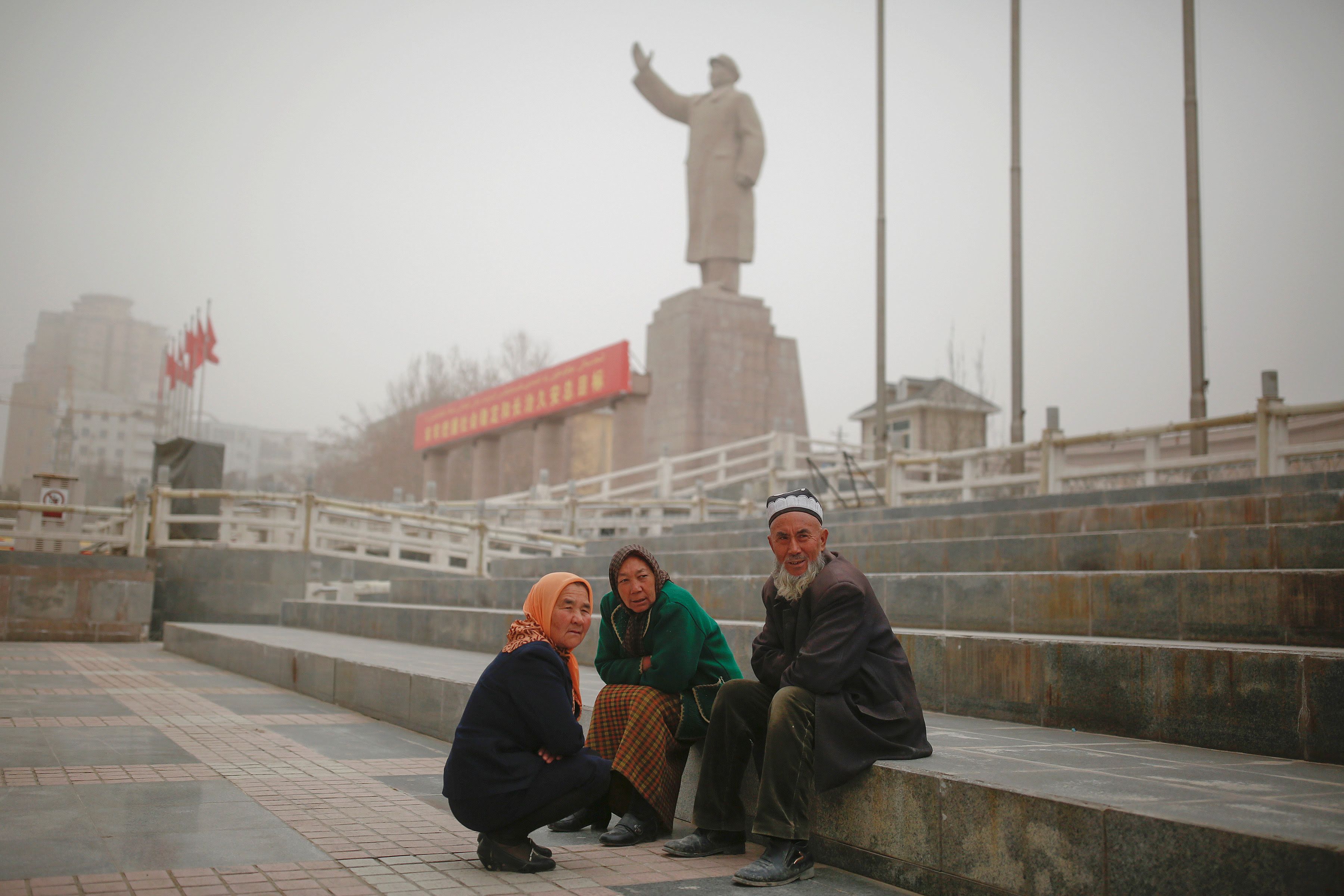The controversy over China’s treatment of its Uighur population is growing, with a chorus of international critics accusing Beijing of building a 21st century surveillance state and gulag system in Xinjiang province, in the country’s far northwest.
Some background, in case you haven’t been following: the Uighurs, a predominantly Muslim, Turkic ethnic group that is distinct from China’s Han majority, account for a little under half of the 24 million people Xinjiang, a vast, resource-rich region roughly 3 times the size of Texas. Over the past decade, flaring ethnic tensions and a string of attacks by Uighur separatists have prompted a heavy-handed response from the ruling Communist Party. China says it’s providing security and “vocational training” in a province that’s prone to bouts of terrorist violence, but a growing number of witness accounts and satellite images of alleged internment camps suggests a broad and systematic campaign of ethnic repression is underway. Last month, a UN human rights panel threw its weight behind reports suggesting that up to a million or more Uighurs have been detained.In recent days, the controversy has escalated: The New York Timesdetailed a “high pressure indoctrination program” in which detainees were required to listen to lectures, sing Communist Party songs, and write “self-criticism” essays. Human Rights Watch published a report offering evidence of “mass arbitrary detention, torture, and mistreatment” in Xinjiang.
Now the Trump Administration is considering sanctions against the senior Communist Party boss in Xinjiang and other Chinese officials. A bipartisan group of US lawmakers is also pushing for curbs on Chinese tech companies that sell cameras and facial recognition software that helps power the Xinjiang surveillance state, which also reportedly includes fingerprint and iris scans, DNA sampling, and government spyware installed on mobile phones.
A few thoughts:
- It’s hard to know exactly what’s going on in a country with a system as opaque as China’s. But something ugly is happening in Xinjiang, and the government’s aggressive use of technology gives the situation an extra air of menace. It’s another example of how digital technologies that have brought billions of people closer together and created new economic opportunities around the world can also be used in disturbing ways – in this case, to help a government sort and segregate an ethnic minority.
- Human rights might not be the only reason the Trump administration and Congress have become interested in the issue. Sanctions against Chinese tech companies could also be a useful source of leverage in Washington’s ongoing trade and technology confrontation with Beijing.
- Many countries around the world struggle to manage the tension between ethnic diversity and social stability. In authoritarian systems like China’s, there are few if any curbs on how far the government can push things, particularly when it values stability above all else. Yet by cracking down so aggressively, China may just be storing up more trouble for later. Using electronic surveillance to track a minority population’s every move or forcing Muslims into re-education camps won’t wipe out ethnic and religious fault lines in Xinjiang, it’ll just make them wider by driving dissent offline and underground, where it is bound to fester.
